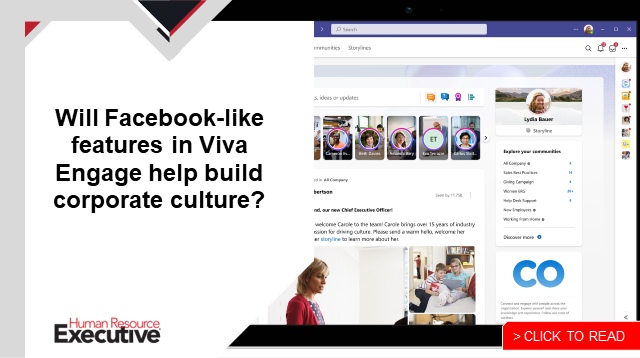Over the next several weeks, I will be sharing some of the highlights from the upcoming HR Technology Conference, set for Sept. 13-16 in Las Vegas—which comes at an interesting time for HR. The world of work is trying to return to “normal” after over two years of disruption, and at the same time, everyone is wondering what exactly “normal” is, or what it should be. We are in a transitional phase, it seems, between the new ways of working brought about by the pandemic and the inexorable pull back to the old and familiar ways of working—largely inspired by CEOs and business owners who are feeling compelled to reset the world of work back to 2019, or even decades earlier.
But despite some executives’ desires, it seems likely that the disruption and forced adaptation by organizations over the last two years will have a profound and lasting impact on work and workplaces. The pandemic pushed organizations to pivot to new methods of working, to reinvest in the care and wellbeing of their employees and to reimagine almost every aspect of their operations. So, this summer, organizations and HR leaders are at a pivotal moment—still dealing with the effects of the events of 2020 and 2021, while simultaneously having to navigate a path forward, knowing that many of the assumptions and expectations of the past are no longer relevant.
It’s that moment, and the importance of the steps that organizations take over the next few months, which, to me, make the investment decisions around HR and workplace technology more important than ever. In the U.S., and in many other countries, organizations are facing significant difficulties with hiring and retaining employees, maintaining safe and healthy environments for employees and customers, and external pressures like supply chain difficulties, high levels of inflation and the seemingly never-ending COVID-19 challenges. It is, by most accounts, a terrifically trying and complex time for HR leaders, and one that requires them to have not only the best tools and technologies for their workforce but also the best knowledge and insights on how these technologies can impact and improve work, workplaces and their employees’ wellbeing.
One of the more enduring impacts of the pandemic is how it elevated the importance of HR and workplace technology when it comes to the overall employee experience and its effect on employee wellbeing. From “return-to-work” tools for tracking employee health to enhanced collaboration technology to new innovations in talent acquisition and onboarding in a fully remote working environment, the rapid pace of innovation in HR technology has continued over the last two years, despite the challenges of the pandemic era. There are now emerging technologies that can help HR leaders meet this moment and navigate this interesting and challenging time. At HR Tech, you will have the opportunity to see many of them, as well as learn critical insights from the leading experts in HR technology. In the coming weeks leading up to the event, I will dive into some of the critical issues and topics for HR and HR tech, but for now, please do make plans to join the HR technology community in September, as together we set a course for a successful post-pandemic future.
Click here to register for the HR Technology Conference.
The post HR Tech Conference 2022: Finding a way to a successful post-pandemic future appeared first on HR Executive.